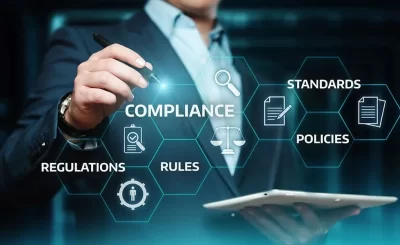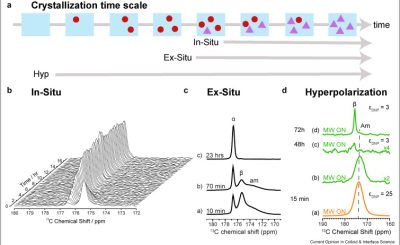Ephemeral messaging refers to exchanging messages that disappear after a set period or once the recipient has viewed them. Unlike traditional messaging platforms, where messages are stored indefinitely, ephemeral messaging ensures that conversations are temporary and self-destructive. This unique feature has made ephemeral messaging increasingly popular among executives who value privacy, security, and efficiency in their communication.
Enhanced Privacy and Confidentiality
The primary reason executives are turning to ephemeral messaging is the heightened level of privacy and confidentiality. Sensitive business information, strategic discussions, and confidential data can be shared without the risk of it being stored or accessed by unauthorized parties. With messages automatically disappearing, executives communicate freely without worrying about the long-term implications of their conversations.
Improved information security
Ephemeral messaging provides an additional layer of security for executive communication. Traditional messaging platforms store data on servers, making them vulnerable to breaches and hacks. In contrast, ephemeral messaging minimizes the storage of sensitive information, reducing the risk of data leaks and cyber-attacks. This added security measure is significant for executives dealing with highly confidential matters.
Increased efficiency and productivity
How to send notes online? Ephemeral messaging streamlines executive communication by eliminating the need for lengthy email threads and cluttered inboxes. Executives quickly exchange messages, make decisions, and move on to the next task without getting bogged down by unnecessary information. The concise nature of ephemeral messages encourages clear and direct communication, saving time and increasing productivity.
Real-time collaboration and decision making
Ephemeral messaging enables executives to collaborate and make decisions in real time. Instead of waiting for email responses or scheduling meetings, executives have quick, focused discussions through ephemeral messaging platforms. This instant communication facilitates faster problem-solving, brainstorming, and decision-making processes, allowing executives to stay agile and responsive in a dynamic business environment.
Choosing the right ephemeral messaging platform
- Security features– Look for platforms that offer end-to-end encryption, two-factor authentication, and robust data protection measures to ensure the highest level of security for your conversations.
- User-friendly interface– The platform should have an intuitive and user-friendly interface, allowing executives to communicate efficiently without technical hurdles.
- Customization options– Customizing settings such as message expiration times, notification preferences, and access controls can give executives greater flexibility and control over their communication.
- Integration with existing tools– Consider platforms that integrate seamlessly with your organization’s existing communication and collaboration tools to ensure a smooth transition and minimize workflow disruption.
Traditional methods like email or online notes and ephemeral messaging offer a more secure and efficient way for executives to communicate. While online note platforms allow for the sharing and collaboration of information, they often lack the privacy and security features that ephemeral messaging provides. With online notes, sensitive information can be vulnerable to unauthorized access and data breaches. In contrast, ephemeral messaging ensures that confidential conversations disappear after a set time, reducing the risk of sensitive data falling into the wrong hands.








